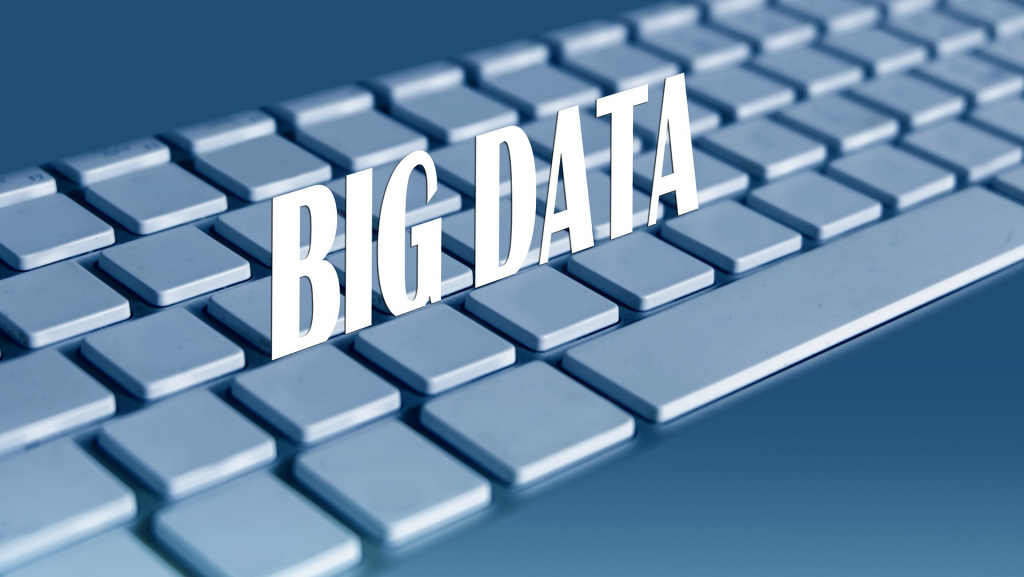How Government Agencies Use Web Scraping?

Collecting data manually can be very time consuming, so by automating the whole process, businesses and organizations can focus on other tasks. The concept of web scraping is known to many organizations that are making various decisions based on accurate data. In short, it is an automated process of importing publicly available data from a webpage into a file or spreadsheet.
Businesses build web scraping tools on many programming languages, including Java, C#, and Ruby. Yet, one of the most popular languages that serve this purpose is Python, and Python web scraping has become the most common way to collect data. Python scraping stands out from the rest because it’s relatively easy and contains many useful tools and libraries. Also, there is a vast Python web scraping community here to help each other if any questions or issues occur.
E-commerce companies, media agencies, and other organizations use data scraping to reach their goals and improve their strategies. For example, government agencies use data scraping for many benevolent purposes, such as indexing.
This article will focus on the latter and go in-depth into how Government Agencies utilize the practice.
Which Agencies Can Benefit the Most?
Governmental agencies utilize data scraping now more than ever, but not necessarily for what you might think. Administrative agencies are not spying on you but rather collecting information on a multitude of things.
With the digital landscape being as vast as it is, and the amount of information on it consistently on the rise – governmental agencies utilize web scraping as a new means of accumulating information about their populace.
The most common governmental sectors and agencies that utilize data scraping are the transportation sector, surveying bodies, tourism, and tax agencies. Many more agencies use data harvesting, but all reasons seem to be the same.
Government Agencies harvest data to improve, streamline, and monitor their cities, citizens, and internal operations. After analysis and refinement, this data is used for many purposes, all of which serve an essential purpose in facilitating daily tasks and processes.
Web scraping allows the transportation sector to tell what needs to be done to make transportation seamless, cheap, and fast. It will enable the tourism industry to make wise investments and surveying bodies to better public opinion.
Issues With Big Data
One of the most significant problems that government agencies face when collecting these vast amounts of data is refining and analyzing it. Since so many government agencies use data harvesting, turning raw data into viable information is far harder than it seems.
The more data is collected, the more complex the refinement process will be. Raw data passes through an analytical approach in which all redundancies, inaccurate data, and at times, situational data are removed from the final output.
After the data gets refined, it converts into an understandable form, beneficial to government agencies and the general populace.
Another issue with collecting vast amounts of data is protecting it. While data harvesting doesn’t always include sensitive private citizen information, most data accumulated by governmental agencies do.
That makes the governmental data center a massive target for malicious individuals, hackers, and scammers. These individuals are looking to exploit this gold mine of data and use it for illicit activities.
Governmental agencies utilize top-of-the-line encryption and security on their servers to protect this valuable data. A governmental data leak could be disastrous for the agency, and private citizens as well.
What Are They Currently Doing?
This process is a relatively new practice, meaning it’s slow and not nearly as extensive. While data scraping has been around for years, its implementation in the government sector is relatively limited at its current state.
Data harvesting, while not a new thing, is still in its infancy as a practice. The most popular means to harvest data is through the use of data scrapers. While governmental data scrapers are very high tech in their design, the current technological limitations curb their potential.
Programmers are hard at work to create new generations of data scrapers and consistently improve their performance. Another crucial part of data harvesting is the refinement process, which isn’t the fastest thing globally.
In short, currently, governmental agencies are doing their best to make data scraping, refinement, and subsequent analysis as fast and functional as possible.
The Future?
It’s not tough to tell what the future holds for the world of governmental data scraping. As government agencies continue to invest in the evolution of technology, its scope will increase, as will the efficiency.
Governmental agencies were employing data scraping to optimize for years, and the technology has only evolved since the government has taken an interest in it. With tech mega-corporations such as Google continually improving the way data harvesting functions, the future of the practice is virtually imminent in most government organizations.
Aside from the speed and sophistication of the process, we can rest assured that data security, privacy, and analysis are sure to follow.
Conclusion
Data scraping has been around for a while, and government organizations have been using it for many reasons. All of these reasons are centered around streamlining and improving their practice – and the benefits it brings are irrefutable.

“Evil coffee nerd. Analyst. Incurable bacon practitioner. Total twitter fan. Typical food aficionado.”











